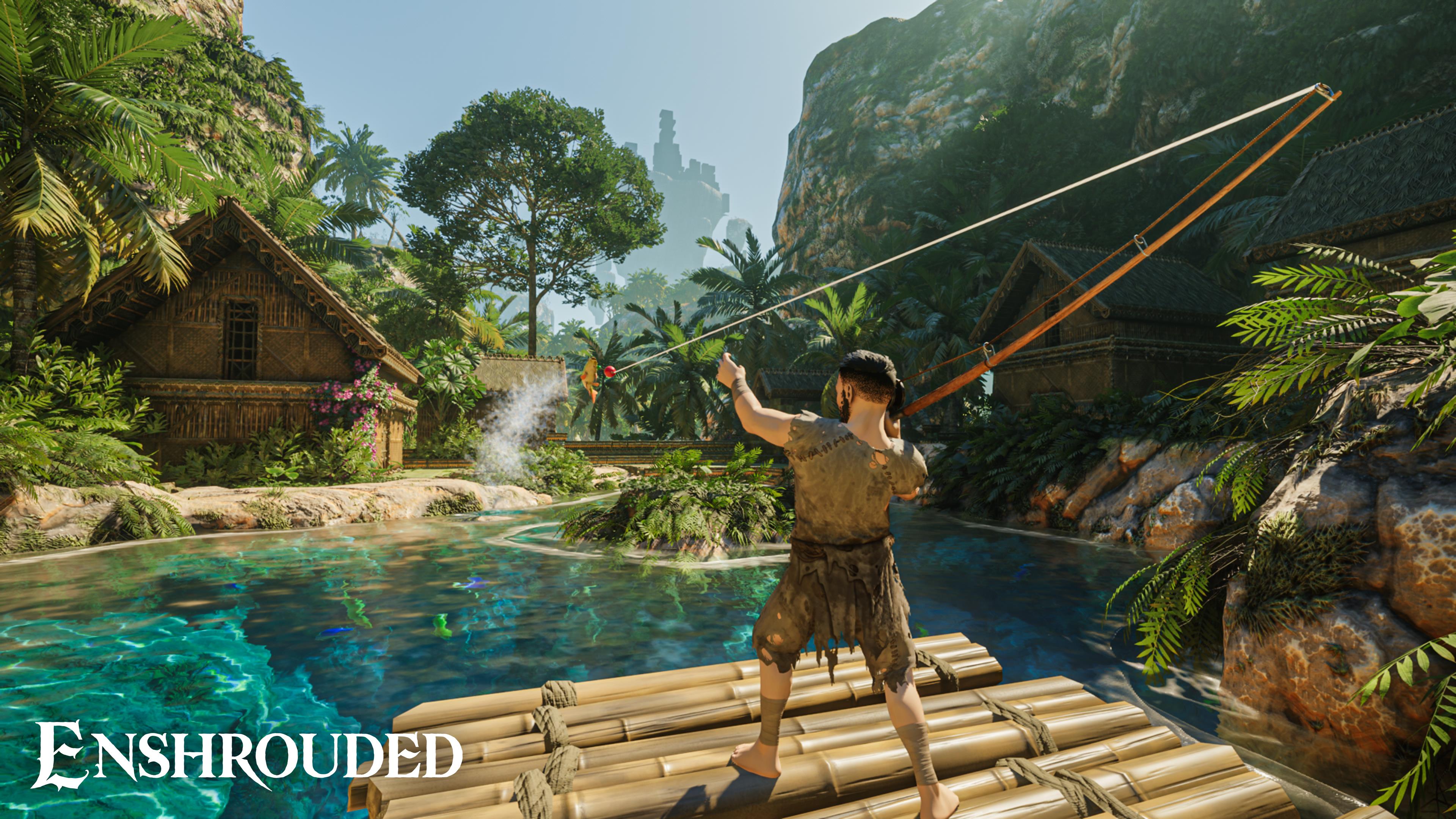Reed Intelligence Projects Industrial Hose Market to Grow at ~4.5% CAGR through 2031
According to a new in-depth research report by Reed Intelligence, the global Industrial Hose Market is poised for sustained growth from 2023 to 2031. The market is projected to expand at a compound annual growth rate (CAGR) of approximately 4.5 %, driven by rising demand from automation, infrastructure, safety, and environmental regulation.
Market Dynamics
Drivers:
Industrial automation and expansive infrastructure development are among the principal growth drivers in the industrial hose market. As manufacturing processes become more automated and infrastructure projects proliferate globally, the demand for reliable fluid transfer systems escalates. Additionally, heightened concerns for safety and efficiency, along with stricter environmental regulations, are pushing companies to upgrade to higher-grade hoses that can withstand rigorous industrial demands.
Restraints & Challenges:
The market is not without its challenges. Economic uncertainty in various regions can dampen industrial capital expenditures, while regulatory hurdles and supply chain disruptions impose additional burdens on manufacturers. Competitive pressures are also mounting as more players enter the space.
Opportunities:
Emerging opportunities lie in the development of advanced materials and “smart” hose technologies. According to the report, innovations like digital monitoring systems, customized hose designs tailored for specific applications, and real-time diagnostics can significantly boost market growth.
Companies able to leverage these technologies and penetrate undeserved geographies may establish a sustainable competitive edge.
Key Highlights
Base Year / Forecast Period: The report uses 2023 as the base year, with a forecast span up to 2031.
Expected CAGR: ~ 4.5% from 2023–2031.
Largest Region: While Reed Intelligence does not explicitly cite which region is largest by absolute size, the report’s regional analysis highlights North America as a mature and robust market, driven by technological sophistication and sustainability initiatives.
Fastest-Growing Region: Asia Pacific (APAC) is identified as the fastest-growing region, attributed to emerging economies, rapid industrialization, and a rising middle class.
Largest & Fastest-Growing Segmentation:
By Type: Textile-reinforced hoses, Wire-reinforced hoses, and Others are the key categories.
By Application: Oil & Gas, Steelworks, Pharmaceutical & Food, Automotive, Chemical Industry. Among these, Oil & Gas remains a dominant vertical, given its extensive use of industrial hoses.
Top Market Players
According to the Reed Intelligence report, key players operating in the global industrial hose market include:
Sumitomo Riko
Semperit
Bridgestone
Parker
HANSA-FLEX
Eaton
Yokohama Rubber
Letone-Flex
Gates
Continental
Manuli
Alfagomma
Ryco
Kurt
Dagong
YuTong
Ouya Hose
Jintong
JingBo
Yuelong
Luohe YiBo
Hengyu
Segmentation & Regional Scope
Segmentation:
By Type: Textile Reinforced; Wire Reinforced; Others
By Application: Oil & Gas; Steelworks; Pharmaceutical & Food; Automotive; Chemical Industry
Regional Coverage:
North America (U.S., Canada)
Europe (UK, Germany, France, Italy, Spain, Russia, Nordic, Benelux, etc.)
Asia Pacific (China, Korea, Japan, India, Australia, Southeast Asia, etc.)
LAMEA (Latin America, Middle East & Africa – including countries such as UAE, Turkey, Brazil, Mexico, etc.)
About Reed Intelligence
Reed Intelligence is a market research and analytics firm specializing in engineered products, infrastructure, and industrial trends. Their reports provide detailed market-size forecasts, segmentation analysis, and competitive landscapes to help industry stakeholders make informed decisions.
#industrialhosemarket #industrialhosemarketshareReed Intelligence Projects Industrial Hose Market to Grow at ~4.5% CAGR through 2031
According to a new in-depth research report by Reed Intelligence, the global Industrial Hose Market is poised for sustained growth from 2023 to 2031. The market is projected to expand at a compound annual growth rate (CAGR) of approximately 4.5 %, driven by rising demand from automation, infrastructure, safety, and environmental regulation.
Market Dynamics
Drivers:
Industrial automation and expansive infrastructure development are among the principal growth drivers in the industrial hose market. As manufacturing processes become more automated and infrastructure projects proliferate globally, the demand for reliable fluid transfer systems escalates. Additionally, heightened concerns for safety and efficiency, along with stricter environmental regulations, are pushing companies to upgrade to higher-grade hoses that can withstand rigorous industrial demands.
Restraints & Challenges:
The market is not without its challenges. Economic uncertainty in various regions can dampen industrial capital expenditures, while regulatory hurdles and supply chain disruptions impose additional burdens on manufacturers. Competitive pressures are also mounting as more players enter the space.
Opportunities:
Emerging opportunities lie in the development of advanced materials and “smart” hose technologies. According to the report, innovations like digital monitoring systems, customized hose designs tailored for specific applications, and real-time diagnostics can significantly boost market growth.
Companies able to leverage these technologies and penetrate undeserved geographies may establish a sustainable competitive edge.
Key Highlights
Base Year / Forecast Period: The report uses 2023 as the base year, with a forecast span up to 2031.
Expected CAGR: ~ 4.5% from 2023–2031.
Largest Region: While Reed Intelligence does not explicitly cite which region is largest by absolute size, the report’s regional analysis highlights North America as a mature and robust market, driven by technological sophistication and sustainability initiatives.
Fastest-Growing Region: Asia Pacific (APAC) is identified as the fastest-growing region, attributed to emerging economies, rapid industrialization, and a rising middle class.
Largest & Fastest-Growing Segmentation:
By Type: Textile-reinforced hoses, Wire-reinforced hoses, and Others are the key categories.
By Application: Oil & Gas, Steelworks, Pharmaceutical & Food, Automotive, Chemical Industry. Among these, Oil & Gas remains a dominant vertical, given its extensive use of industrial hoses.
Top Market Players
According to the Reed Intelligence report, key players operating in the global industrial hose market include:
Sumitomo Riko
Semperit
Bridgestone
Parker
HANSA-FLEX
Eaton
Yokohama Rubber
Letone-Flex
Gates
Continental
Manuli
Alfagomma
Ryco
Kurt
Dagong
YuTong
Ouya Hose
Jintong
JingBo
Yuelong
Luohe YiBo
Hengyu
Segmentation & Regional Scope
Segmentation:
By Type: Textile Reinforced; Wire Reinforced; Others
By Application: Oil & Gas; Steelworks; Pharmaceutical & Food; Automotive; Chemical Industry
Regional Coverage:
North America (U.S., Canada)
Europe (UK, Germany, France, Italy, Spain, Russia, Nordic, Benelux, etc.)
Asia Pacific (China, Korea, Japan, India, Australia, Southeast Asia, etc.)
LAMEA (Latin America, Middle East & Africa – including countries such as UAE, Turkey, Brazil, Mexico, etc.)
About Reed Intelligence
Reed Intelligence is a market research and analytics firm specializing in engineered products, infrastructure, and industrial trends. Their reports provide detailed market-size forecasts, segmentation analysis, and competitive landscapes to help industry stakeholders make informed decisions.
#industrialhosemarket #industrialhosemarketshare













